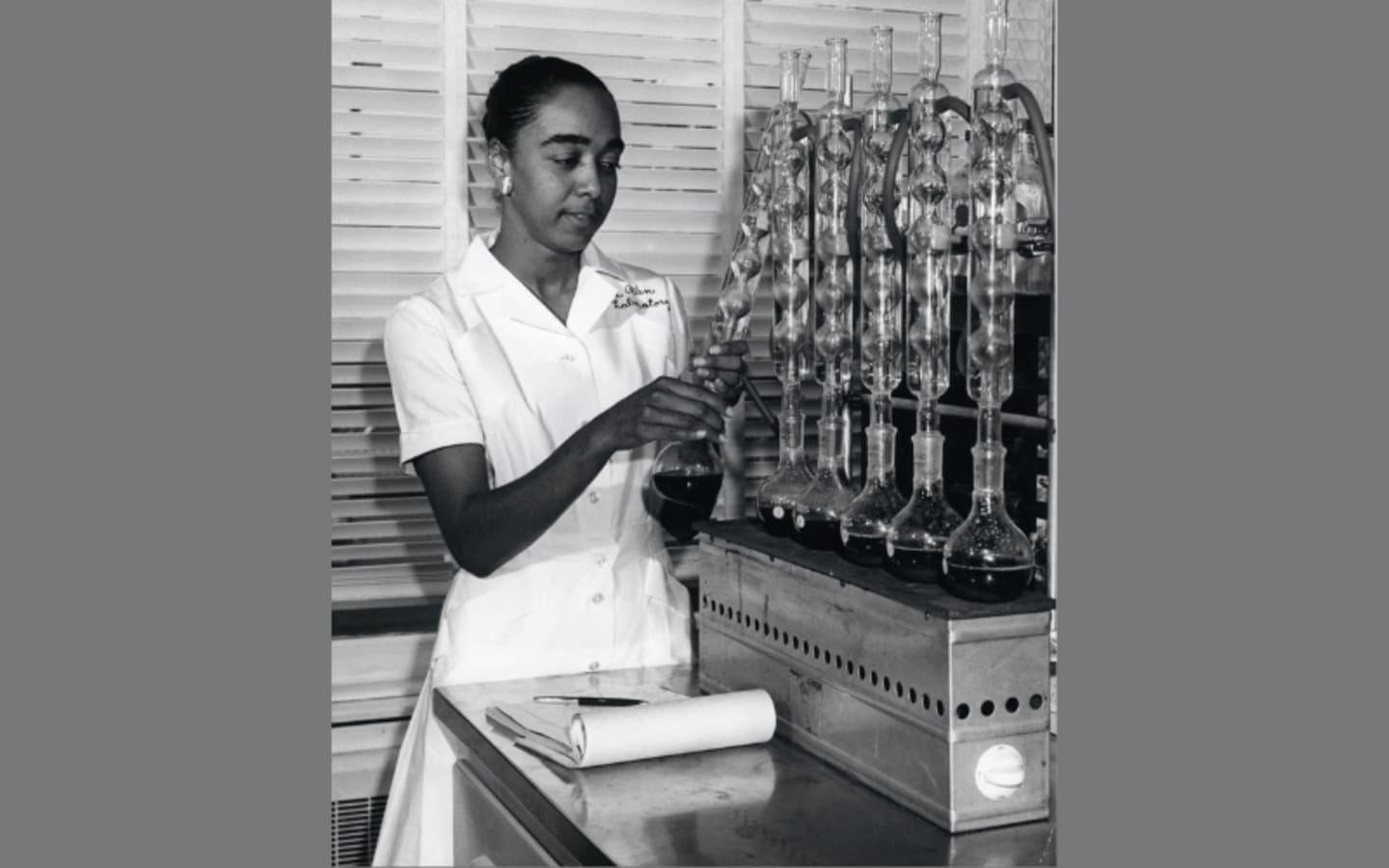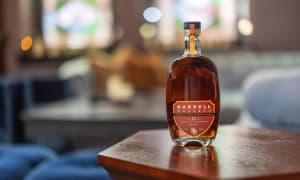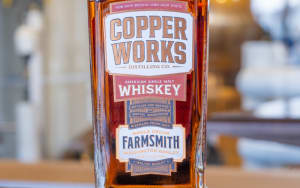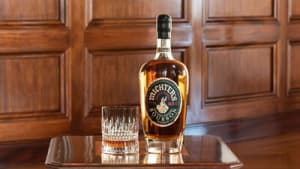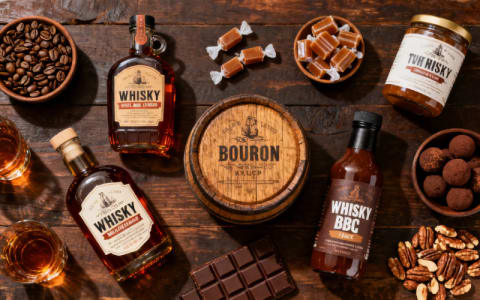Walk into any good bar in America and there’s a decent chance an Old Forester bottle is sitting on the back shelf. Most of us reach for the 86, the 100, or maybe splurge on a 1920 when we’re feeling fancy. We know the name, we trust the taste, and we figure the story starts and ends with George Garvin Brown back in 1870. Turns out there’s another name that belongs right alongside his—one you probably never heard until now: Elmer Lucille Allen.
In 1966, when half the country was still arguing over whether a Black woman belonged in a laboratory instead of a kitchen, Brown-Forman did something quietly revolutionary. They hired Elmer Lucille Allen as a chemist. Not an assistant. Not a technician. A full-blown chemist whose job was to test corn, rye, barley, water—every single ingredient that went into the mash bills we argue about on whiskey forums at 2 a.m.
For the next thirty years she showed up, put on the lab coat, and made sure every barrel that left Shively or Louisville was as good as the company promised. She wasn’t loud about it. She didn’t have a marketing team. She just did the work, day after day, while the industry around her slowly figured out what Brown-Forman already knew: talent doesn’t care what color you are or what’s between your legs.
Now, at 94 years young, Old Forester is finally giving her the spotlight she never asked for. On November 14th they released a commemorative single-barrel bourbon picked specifically to honor her. One barrel. Hand-selected. Bottled at barrel strength the way the old-timers like it. And on release day Elmer herself was right there at the distillery on Whiskey Row from 10 a.m. to noon, signing bottles and shaking hands with the kind of guys who’ve been drinking Old Forester since before she started.
Melissa Rift, Old Forester’s Master Taster, put it plain and simple: “We are thrilled to recognize Elmer’s contributions, not only to Brown-Forman, but to the entire bourbon community. Her story continues to inspire, reminding us of the importance of inclusion, excellence, and perseverance.”
That quote hits different when you think about it over a pour of the 1920 or the new King of Kentucky. Because every one of those flagship expressions owes something to the quiet woman in the lab who made sure the corn was clean, the rye was right, and the numbers added up.
This isn’t some corporate checkbox release. It’s a single barrel—meaning every bottle is a little different, just like every shift Elmer worked was a little different. No two days in a lab are the same, and no two barrels are either. If you managed to grab one (and good luck, they went fast), you’re holding something that doesn’t just taste like history—you’re holding a piece of the reason the history tastes so damn good.
Old Forester has always carried itself with a certain no-nonsense pride. George Garvin Brown sealed his bottles and signed the label because he believed there was “nothing better in the market.” Turns out one of the big reasons he could keep that promise decades later was a chemist from Louisville who broke barriers without ever making a scene about it.
If you missed the release day, keep an eye on the usual secondary spots or just head down to the distillery gift shop and see if any stragglers are left. Either way, next time you crack open any bottle of Old Forester—doesn’t matter if it’s the 86 proof you keep for highballs or the Birthday Bourbon you hide from your brother-in-law—raise a quiet glass to Elmer Lucille Allen.
She earned it. And we’ve all been enjoying the results for longer than most of us ever realized.
